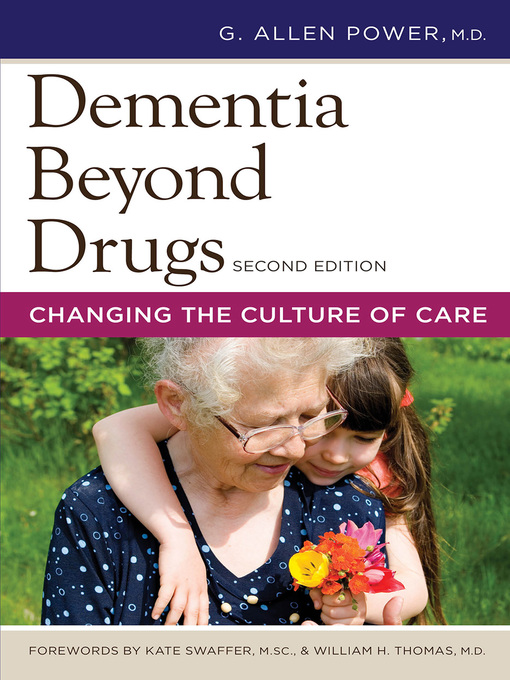- Lived experience of Dementia
- Lewy body disease
- Frontotemporal Dementia
- Younger Onset Dementia
- LGBTI and dementia
- Eating and drinking well
- Activities and Engagement
- Culture, Religion and Spirituality
- End of Life and Palliative Care
- Younger Readers
- See all living with dementia collections
- Caregiving : Support and Guidance
- About Dementia
- Early Stage Dementia
- Communication
- Changes in behaviour
- Grief and Loss
- Relationships, Intimacy & Sexuality
- Residential Care
- See all caregiving collections
- Dementia Care Practice
- Person-Centred Care
- About Dementia
- Dementia Care Therapies
- Pain and Dementia
- Exercise
- Leadership and organisational change
- Elderhood
- Changes in behaviour
- See all healthcare professionals collections
- Audiobooks
- Australian authors
- Memoir
- Fiction
- Risk reduction - Dementia
- Worried About Your Memory?
- Reminiscence and life story work
- Exercise
- Mindfulness & meditation
- Self-care & Wellbeing
- See all featured collections collections
